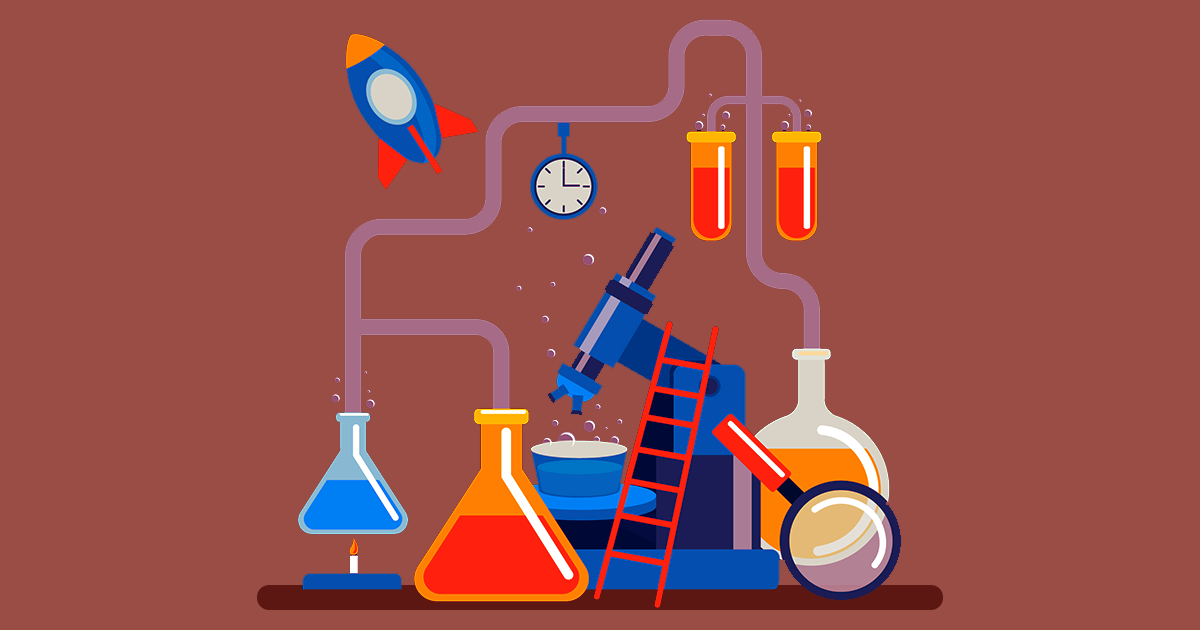Experiments and Diagnostics in Reacting Flows
A special issue of Processes (ISSN 2227-9717). This special issue belongs to the section "Energy Systems".
Deadline for manuscript submissions: 31 December 2024 | Viewed by 212

Special Issue Editor
Interests: laser combustion diagnostics; ammonia and hydrogen; turbulent combustion; solid fuels; CCS; metal combustion and nanoparticles
Special Issue Information
Dear Colleagues,
We are pleased to announce a Special Issue dedicated to the latest advancements in experiments and diagnostics in reacting flows. This Special Issue aims to showcase cutting-edge research in the field of combustion science, with a focus on innovative experimental techniques and diagnostic methods.
Key topics of interest for this Special Issue include, but are not limited to, the following:
- The development and application of optical diagnostics
- Experiments on laminar and turbulent flames
- Coal and biomass combustion
- Oxidation and reduction of metal fuels
- Combustion of ammonia, hydrogen, and fuel blends
- Diagnostics for harsh environments
- Engine- and gas turbine-relevant processes
- Near-surface and catalytic processes
- Emission measurements and treatments
- Novel concepts and devices.
We invite researchers from academia, industry, and government laboratories to contribute original research articles, review papers, and short communications that present novel experimental methodologies, groundbreaking findings, and significant advancements in the understanding of reacting flows. Submissions employing state-of-the-art experimental techniques, such as laser diagnostics, optical imaging, spectroscopic analysis, and advanced measurement technologies, are particularly encouraged.
The aim of this Special Issue is to foster interdisciplinary discussions, promote knowledge exchange, and facilitate collaborations among researchers working around the world in the broad field of combustion science. We welcome contributions from experts across various disciplines, including chemical engineering, mechanical engineering, aerospace engineering, physics, and chemistry.
Dr. Tao Li
Guest Editor
Manuscript Submission Information
Manuscripts should be submitted online at www.mdpi.com by registering and logging in to this website. Once you are registered, click here to go to the submission form. Manuscripts can be submitted until the deadline. All submissions that pass pre-check are peer-reviewed. Accepted papers will be published continuously in the journal (as soon as accepted) and will be listed together on the special issue website. Research articles, review articles as well as short communications are invited. For planned papers, a title and short abstract (about 100 words) can be sent to the Editorial Office for announcement on this website.
Submitted manuscripts should not have been published previously, nor be under consideration for publication elsewhere (except conference proceedings papers). All manuscripts are thoroughly refereed through a single-blind peer-review process. A guide for authors and other relevant information for submission of manuscripts is available on the Instructions for Authors page. Processes is an international peer-reviewed open access monthly journal published by MDPI.
Please visit the Instructions for Authors page before submitting a manuscript. The Article Processing Charge (APC) for publication in this open access journal is 2400 CHF (Swiss Francs). Submitted papers should be well formatted and use good English. Authors may use MDPI's English editing service prior to publication or during author revisions.
Keywords
- laser diagnostics
- thermo-chemcial process
- combustion
- flame
Benefits of Publishing in a Special Issue
- Ease of navigation: Grouping papers by topic helps scholars navigate broad scope journals more efficiently.
- Greater discoverability: Special Issues support the reach and impact of scientific research. Articles in Special Issues are more discoverable and cited more frequently.
- Expansion of research network: Special Issues facilitate connections among authors, fostering scientific collaborations.
- External promotion: Articles in Special Issues are often promoted through the journal's social media, increasing their visibility.
- e-Book format: Special Issues with more than 10 articles can be published as dedicated e-books, ensuring wide and rapid dissemination.
Further information on MDPI's Special Issue polices can be found here.





